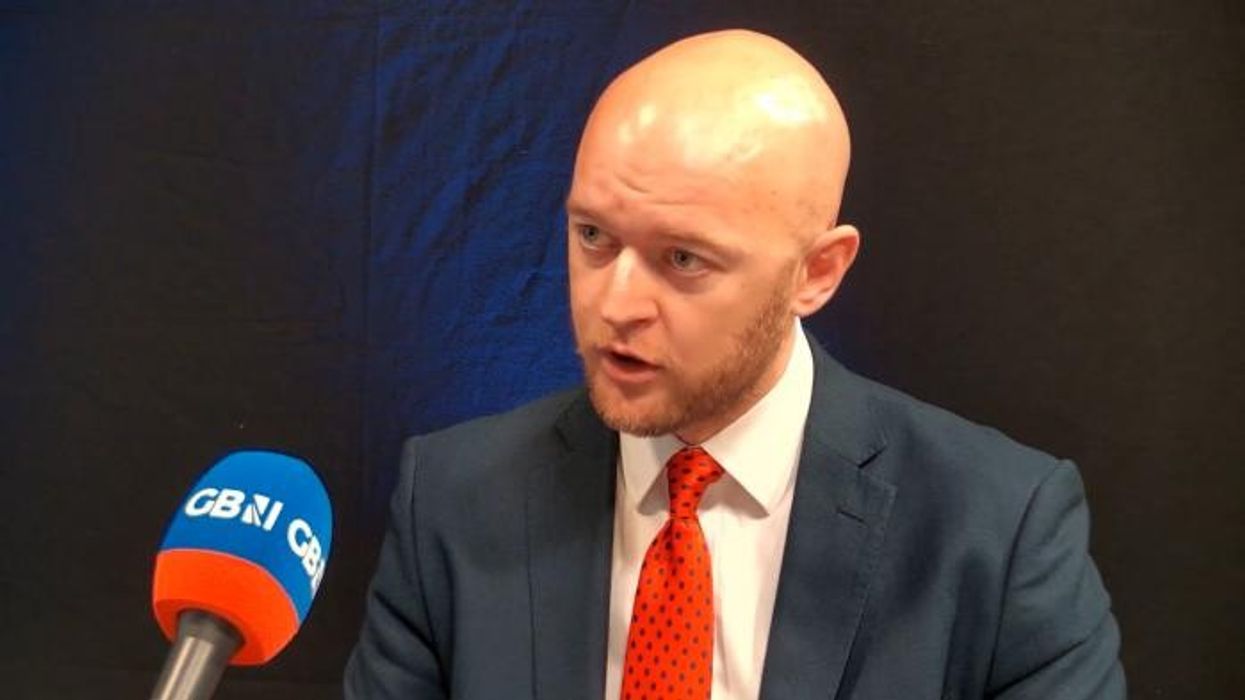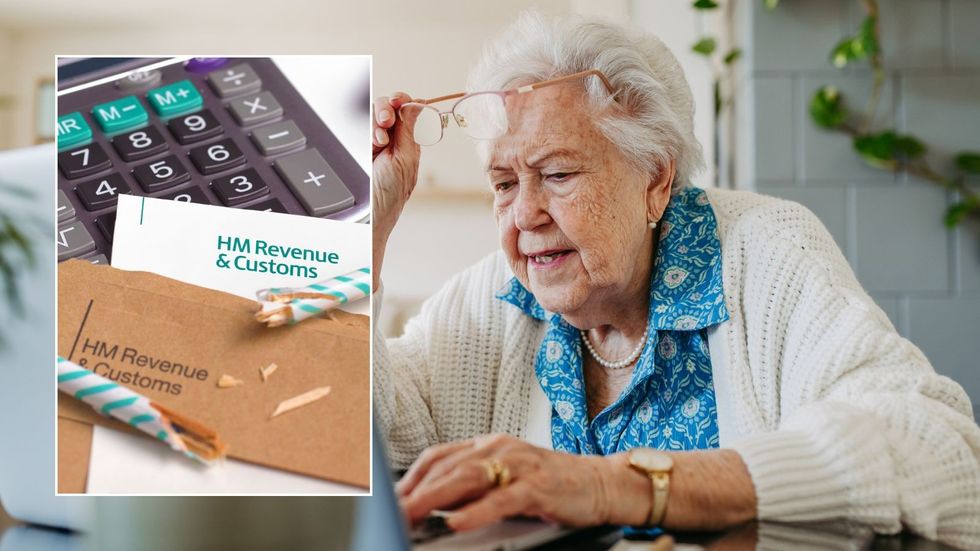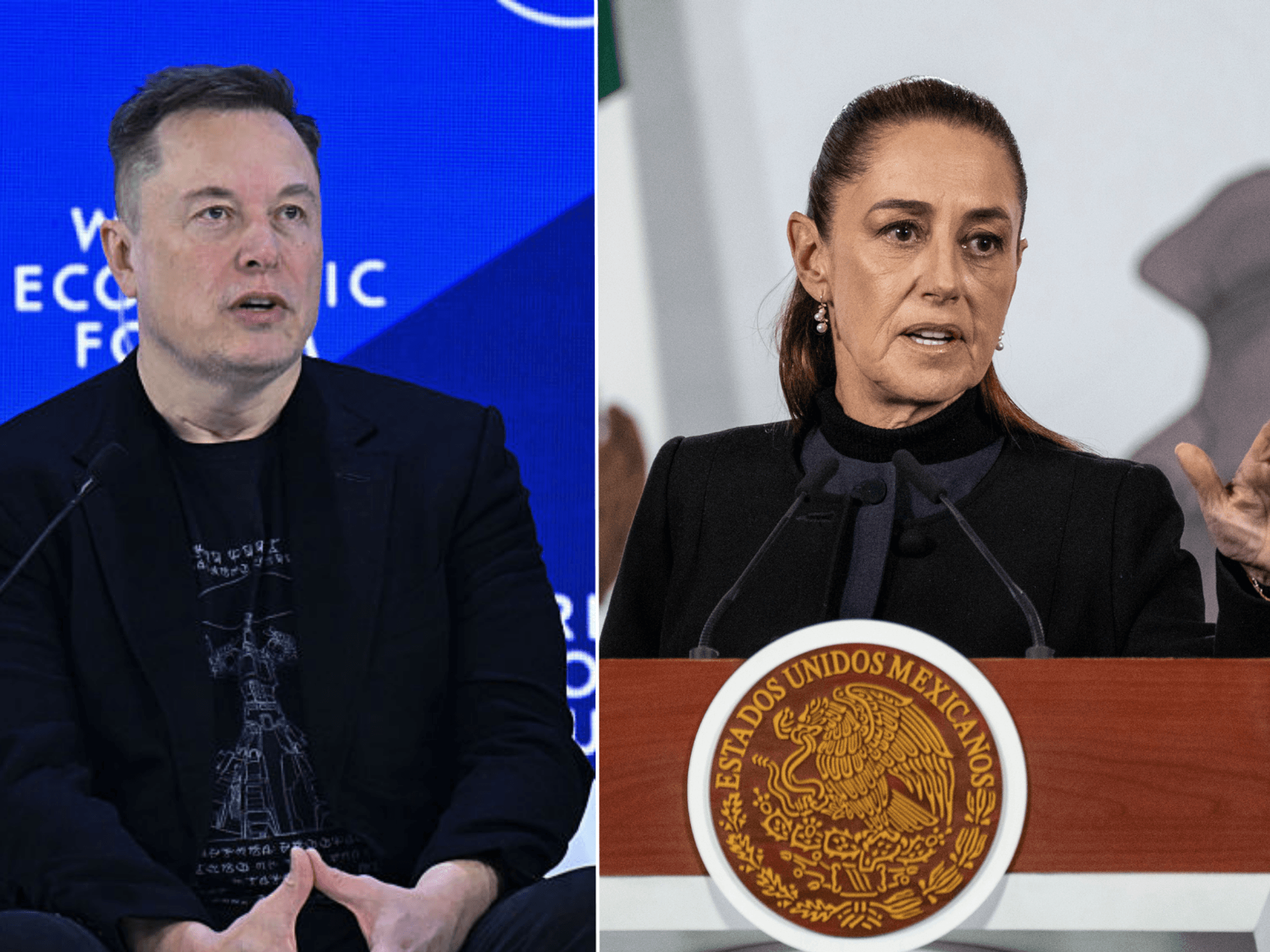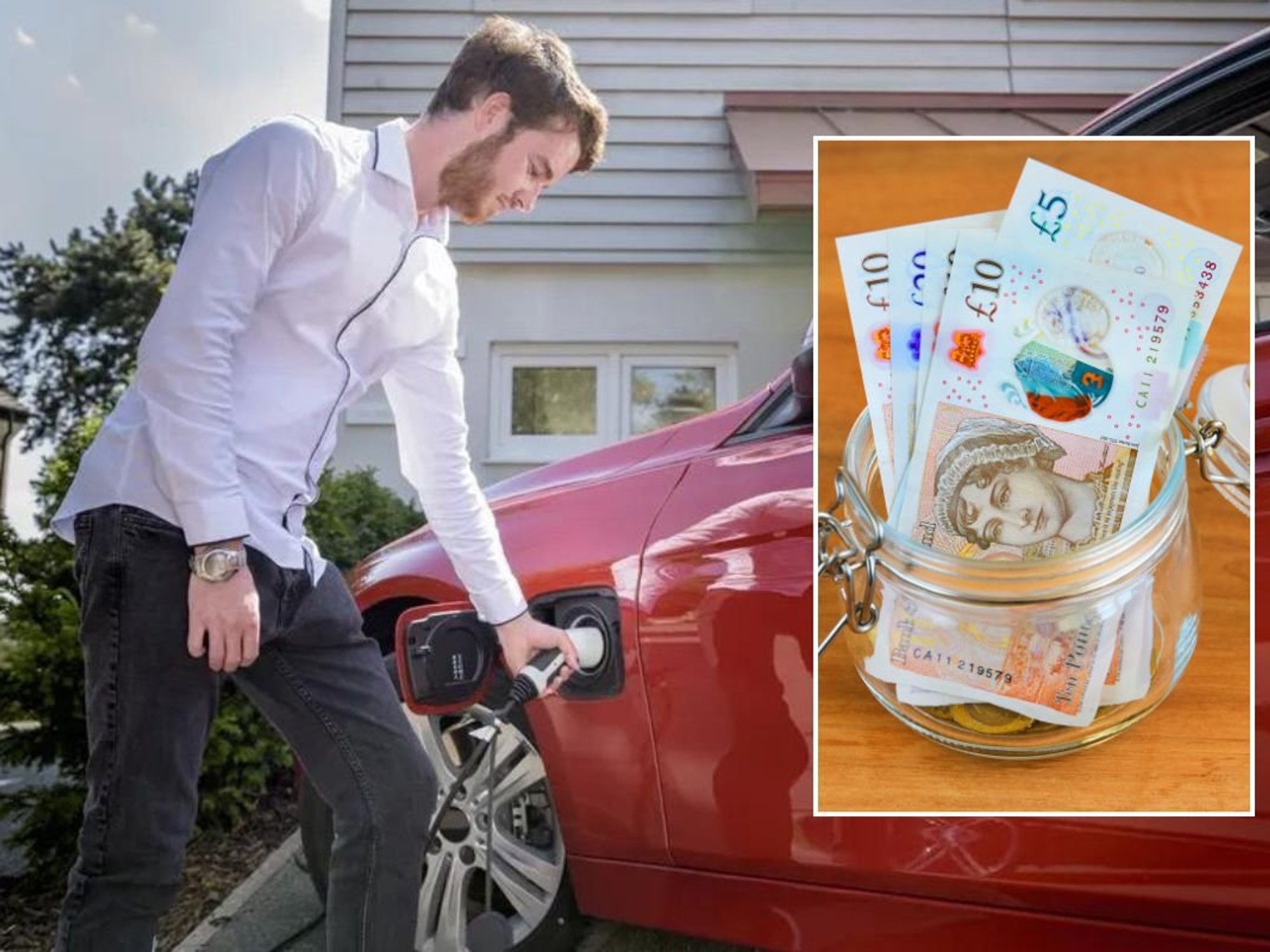Tax raid warning: HMRC urged to take action as 'more people pulled into system for the first time'

Jonathan Hinder says there needs to be complete Reform of tax system |
GB NEWS

Fiscal drag continues to be an issue for taxpayers
Don't Miss
Most Read
Analysts are sounding the alarm that more Britons are being "pulled into the tax system for the first time without realising it", based on new data from the HM Revenue and Customs (HMRC).
This week, the tax authority published new tax gap data, which found the UK collected 94.7 per cent of all theoretical tax liabilities during 2023–24.
This is equivalent to £46.8billion and remains relatively flat year on year but is still significantly better than in 2005–06, when the gap stood at 7.4 per cent.
Strong progress appears in areas like VAT and income tax, with the VAT gap falling from 13.8 per cent in 2005 to just five per cent, with income tax, National Insurance, and capital gains tax gap dropping to three per cent.

Experts are warning over the impact of fiscal drag
| GETTYBritain's corporation tax collection has plummeted to its worst performance in over a decade, with the gap between what should be collected and what actually reaches the Treasury soaring to 15.8 per cent.
As a result, corporation tax now accounts for a staggering 40 per cent of the entire £46.8billion tax gap, having surged from just 24 per cent five years ago.
Small businesses have emerged as the primary culprit in Britain's tax compliance crisis, now responsible for 60 per cent of the total £46.8billion gap.
HMRC attributes the corporation tax deterioration to multiple factors including economic strain, increased complexity in global tax systems and potential enforcement capacity constraints.
Do you have a money story you’d like to share? Get in touch by emailing money@gbnews.uk.
 Fiscal drag is dragging Britons into higher tax brackets | GETTY
Fiscal drag is dragging Britons into higher tax brackets | GETTY Tax and financial planning expert Rachael Griffin from Quilter notes that personal taxation compliance remains remarkably high, with individuals accounting for just 10 per cent of the overall tax gap.
She noted that the Government's decision to freeze tax allowances until 2028 are resulting in fiscal drag, with taxpayers being pulled into higher brackets without their knowledge.
Griffin explained: "From a personal taxation perspective, compliance remains relatively high. Individuals—including the wealthiest—now account for only 10 per cent of the overall tax gap.
"This suggests that while high earners often attract the most political scrutiny, the system is largely effective at collecting what is owed.
"However, with frozen thresholds and lower allowances, for dividends and capital gains in particular, more people are being pulled into the tax system for the first time, often without realising it.
"That raises the risk of accidental non-compliance, especially where income is irregular or reporting requirements are poorly understood.
LATEST DEVELOPMENTS:

New data from HMRC is shining light on the state of tax compliance
| PA"HMRC will need to ensure that the growing cohort of ‘new taxpayers’ receives clear guidance and support to avoid mistakes.
With a budget on the horizon, the temptation will be to extract more revenue from ‘the rich’ or large companies to help shore up public finances.
"But today’s data suggests improving the system’s resilience and simplifying compliance for small firms may prove far more effective than headline-grabbing tax hikes.
"To make further progress, the next government should invest in digitisation, expand HMRC’s resources, and simplify tax legislation. Similarly, poorly thought through policy announcements like the Winter Fuel Payment cut piled pressure on HMRC as retirees rushed to apply for pension credit, gluing up resource.
"Reducing friction and confusion will be as important as tougher enforcement if the UK is to shrink the gap further in a fair and sustainable way."
More From GB News










